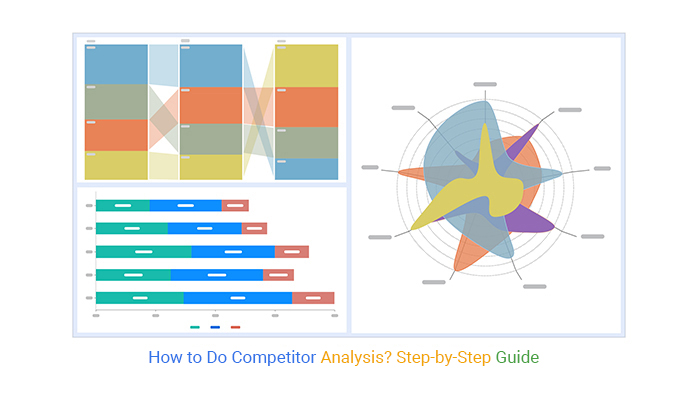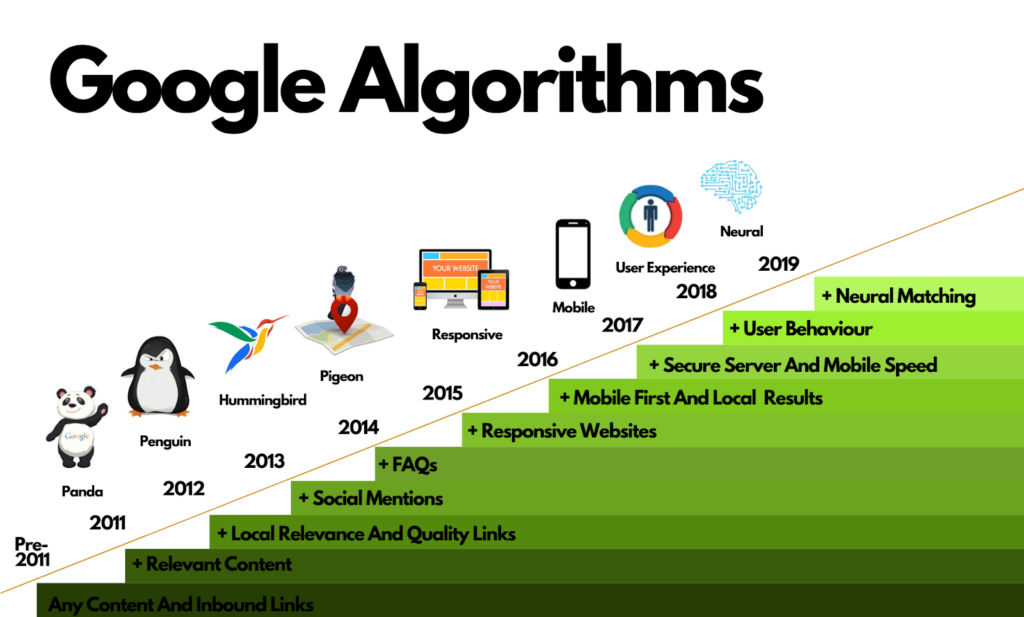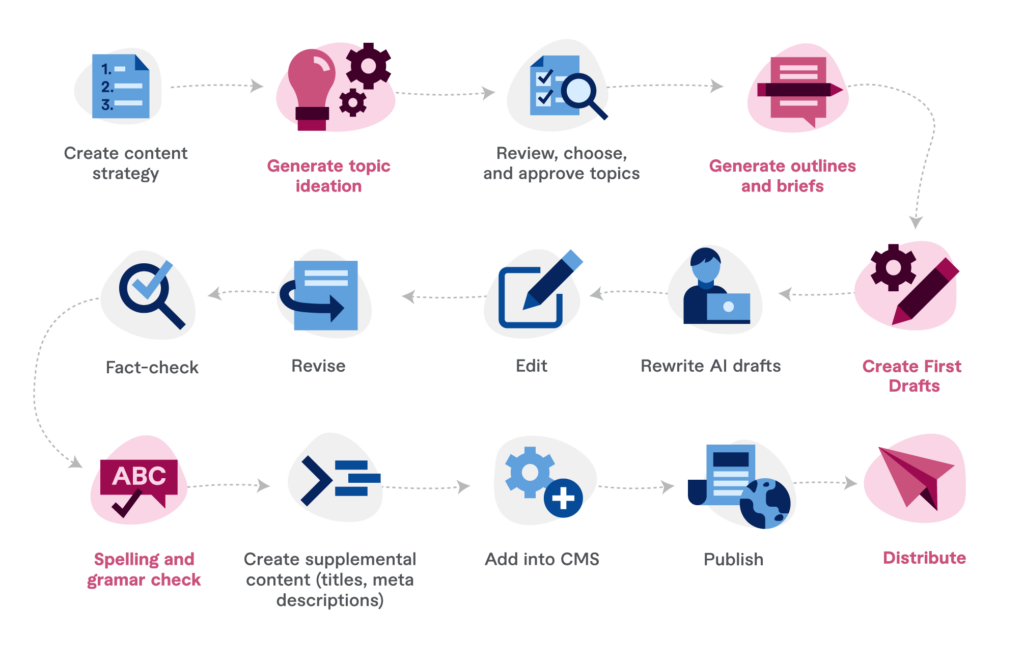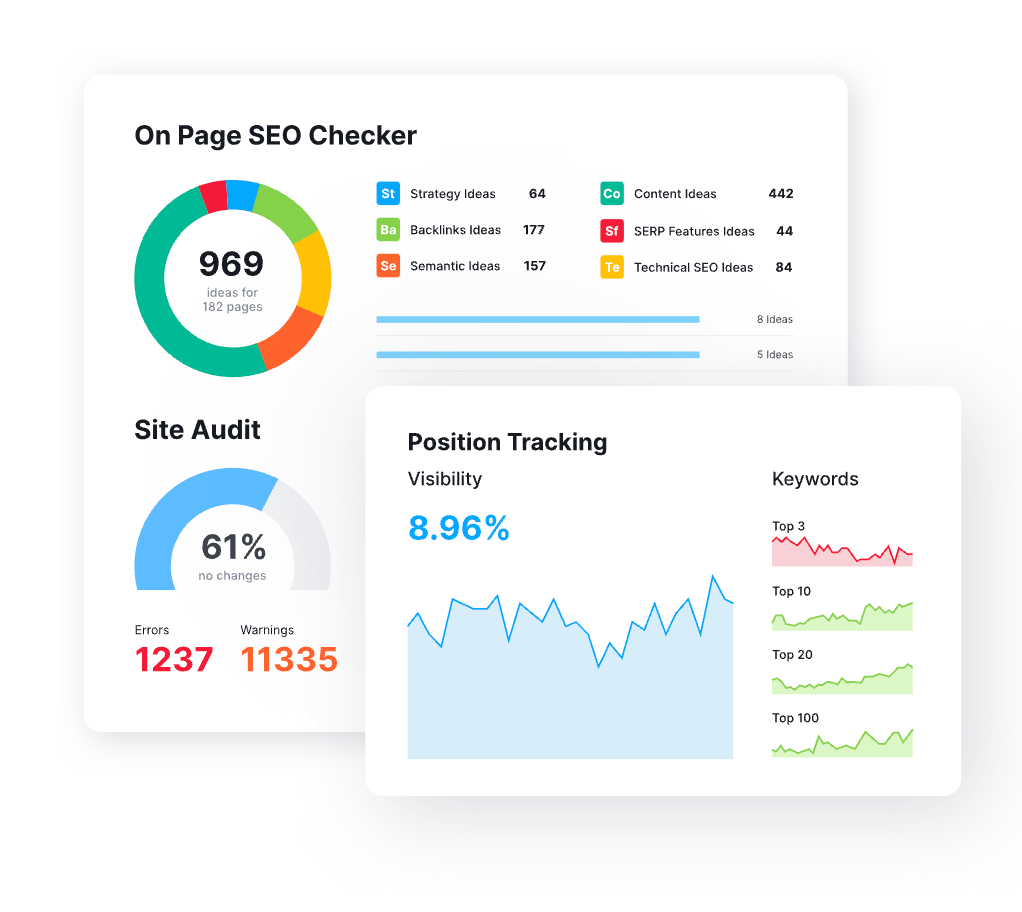In the digital landscape, effective content strategy is critical for success. As a content creator, marketer, or business owner, knowing how to optimize your content to rank higher in search engine results can significantly impact your visibility and engagement. This guide will explore how to leverage artificial intelligence (AI) to enhance your SEO efforts, turning basic content into valuable assets that attract and retain users.
Search engine optimization (SEO) is not just about inserting keywords; it's about crafting content that meets user needs and aligns with search engine criteria. AI can facilitate this task by helping you generate insights, optimize content structure, and enhance user engagement. As we dive deeper, you'll learn about the most effective AI tools, best practices, and ethical considerations to guide your SEO strategies and improve your content rankings.
By understanding how to harness AI's capabilities, you can create content that not only ranks well but resonates with your audience. This guide aims to provide you with actionable insights and data-driven recommendations to enhance your SEO practices.
Harnessing AI to Boost Your Content Rankings
As AI technology continues to evolve, improving your content rankings has become increasingly achievable. A range of tools, including ContentShake AI, Semrush Copilot, SEOpital, and RightBlogger, have emerged to assist in this process.
ContentShake AI allows for the generation of SEO-friendly outlines and offers real-time feedback on content optimization. Launched in 2024, this tool is designed for users looking to streamline their content creation.
Screenshot of the SEMrush SEO Toolkit dashboard (Source: Foundation Inc.)
To utilize these tools effectively, follow these straightforward steps:
-
Set Clear Objectives: Define what you want to achieve with your content and how AI can assist you in reaching those goals.
-
Implement Tools Strategically: Use your chosen AI tools for keyword analysis, content structuring, and identifying trending topics relevant to your audience.
-
Monitor Performance: Keep track of how these tools impact your search rankings and other performance metrics through the dashboards provided.
According to recent studies, integrating AI for keyword analysis can notably improve a piece of content’s visibility. With AI, you can transform a few relevant keywords into well-structured, high-ranking articles that cater to current audience interests.
Key Steps in Keyword Clustering: Turn Data Into Gold
Keyword clustering is an essential technique for making your content more structured and relevant. By organizing related keywords into clusters, you can create targeted content that addresses specific user intents, rather than just superficially covering multiple topics.
 Flowchart illustrating the processes involved in data clustering (Source: ResearchGate)
Flowchart illustrating the processes involved in data clustering (Source: ResearchGate)
Here’s a guide to effectively execute keyword clustering using AI:
-
Conduct Keyword Research: Utilize tools such as RightBlogger to generate a list of relevant keywords based on your initial ideas.
-
Group Keywords Based on Relevance: Organize these keywords into clusters according to their context, creating themed sections that guide your content development.
-
Craft Content Based on Clusters: Write comprehensive articles for each cluster, ensuring that you genuinely address the user intent behind the keywords.
Employing AI for keyword clustering will not only save you time but also enhance the search performance of your content. Research indicates that businesses utilizing keyword clustering techniques often experience increased engagement and organic traffic.
Semantic Analysis Unlocked: Elevate Your Content's Relevance
Semantic analysis is crucial for understanding the context of words and phrases within your content. By applying AI tools, you can perform in-depth semantic analysis and enhance your content’s relevance to complex search queries.
 Visual representation of semantic keywords analysis (Source: ResearchGate)
Visual representation of semantic keywords analysis (Source: ResearchGate)
To leverage AI for semantic analysis, consider the following steps:
-
Analyze Word Associations: Use tools like SEOpital to identify related phrases and concepts that surround your primary keywords.
-
Refine Your Content: Adjust your content to include these semantic insights, ensuring it comprehensively addresses the range of queries users might have.
-
Monitor Engagement Metrics: Keep an eye on metrics such as time on page and bounce rates to determine the effectiveness of your semantic adjustments.
By incorporating semantic analysis into your SEO strategy, your content is likely to not only rank higher but also resonate more deeply with your audience's needs. As search behaviors grow increasingly complex, adapting through AI-driven insights becomes essential.
Outsmarting the Competition: Leveraging AI for Competitor Analysis
A comprehensive understanding of your competition is vital for securing a competitive edge in SEO. AI tools can empower you to analyze competitors, thus helping you align your strategies more effectively.
 Comparison graph showing visitor growth statistics from competitor analysis (Source: ChartExpo)
Comparison graph showing visitor growth statistics from competitor analysis (Source: ChartExpo)
Here’s how to leverage AI for competitor analysis effectively:
-
Identify Your Competitors: Use tools like Semrush Copilot to analyze key players in your niche and understand their strategies.
-
Gather Benchmarking Data: Use AI-powered tools to compile data on competitors’ keyword utilization, content strategies, and social media engagement.
-
Adapt Your Strategies Accordingly: Review the data and adjust your content strategies to reflect successful elements that your competitors are utilizing.
AI tools will streamline competitor analysis, enabling you to make informed decisions that enhance your own content strategies. This proactive approach can dramatically improve your chances of outperforming rivals in search rankings.
The Ethical Edge: Responsible AI Usage in SEO Strategies
With the rise of AI in content creation, ethical considerations must guide your use of these technologies. Transparency and accountability in AI practices are vital for building trust with your audience.
 Infographic outlining key ethical principles for AI usage in content creation (Source: 101 Blockchains)
Infographic outlining key ethical principles for AI usage in content creation (Source: 101 Blockchains)
To ensure responsible use of AI, consider the following principles:
-
Transparency: Clearly indicate when content is generated or enhanced using AI to foster audience trust.
-
Prioritize Accuracy: Implement robust quality control to address potential issues that may arise from AI-generated content, such as misinformation or bias.
-
Adhere to Privacy Standards: Ensure compliance with privacy regulations regarding any data used by AI tools.
Research indicates that 73% of consumers prefer transparency about AI usage in content, highlighting the importance of ethical practices in maintaining audience trust.
Evolving with Google: Understanding AI's Role in Search Algorithms
The relationship between AI-enhanced content and Google’s evolving algorithms is increasingly important. Understanding this can position your content for improved rankings and visibility.
 Illustration depicting various major updates to Google's search algorithms (Source: Digital Marketing Philippines)
Illustration depicting various major updates to Google's search algorithms (Source: Digital Marketing Philippines)
To navigate this relationship effectively, consider the following strategies:
-
Stay Informed: Regularly monitor changes to Google's algorithms and adapt your content strategies as needed.
-
Focus on User Intent: Your content should prioritize delivering value to users to align with Google's expectations.
-
Utilize Structured Data: Implement schema markup to enhance how Google categorizes your content, boosting your chances of appearing in rich results.
AI can support the creation of content optimized for both user intent and algorithm requirements, generating successful outcomes reflective of market trends.
Integrating AI Tools: Best Practices for Sustainable Content Workflows
Integrating AI into your content creation process can enhance both efficiency and quality if executed correctly. A structured approach is essential for success.
 Workflow diagram illustrating AI tools integration for enhanced efficiency (Source: ClearVoice)
Workflow diagram illustrating AI tools integration for enhanced efficiency (Source: ClearVoice)
Follow these best practices for effective integration:
-
Define Clear Goals: Establish specific objectives and key performance indicators that align with your overall content strategy.
-
Provide Training: Equip your team with the knowledge required to effectively utilize these tools and understand guidelines for their application.
-
Employ a Multi-Stage Review Process: Set up a comprehensive review system to ensure that AI-generated content meets your quality standards and aligns with your brand voice.
Research shows that 68% of marketers experience increased efficiency when incorporating AI tools, underscoring the potential benefits of systematic integration.
Conclusion
The journey to optimizing basic content with AI involves careful consideration, adaptability, and a commitment to ethical practices. By effectively utilizing AI tools, engaging in keyword clustering, performing semantic analysis, conducting competitor research, and adhering to ethical standards, you can create content that performs well both in search rankings and in engaging your audience.
Integrating AI into your workflows will not only improve efficiency but also elevate the quality of your content. As you explore the capabilities of AI in SEO, remain aware of the need for continuous improvement aligned with user expectations and search engine advancements. With a thoughtful approach, you can turn your content into valuable resources that draw in traffic and drive engagement, ultimately helping you achieve your business objectives.

Kommentare (0)
Anmelden um an der Diskussion teilzunehmen oder .